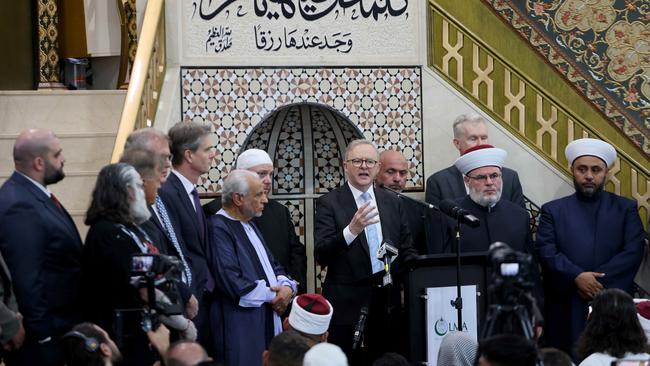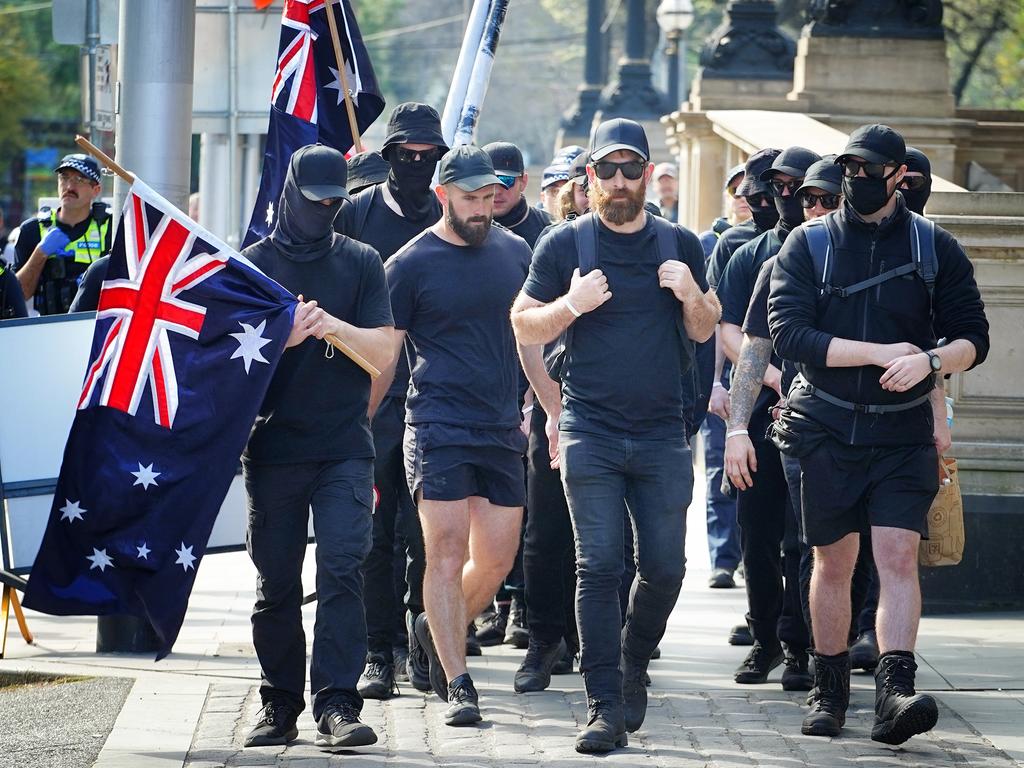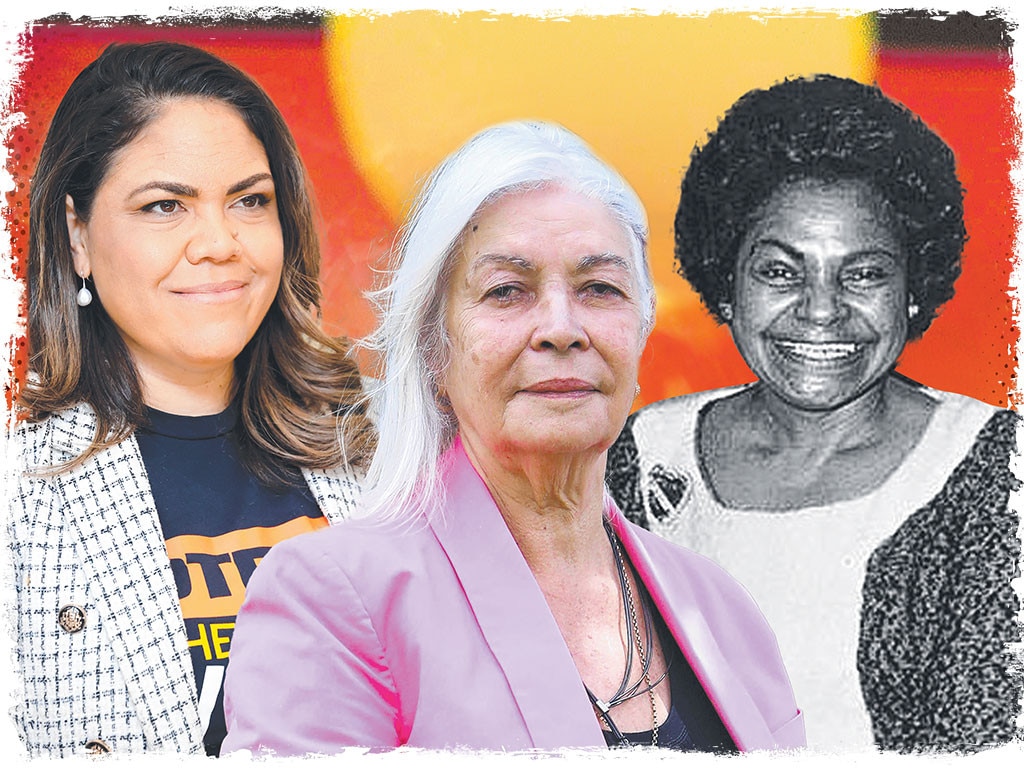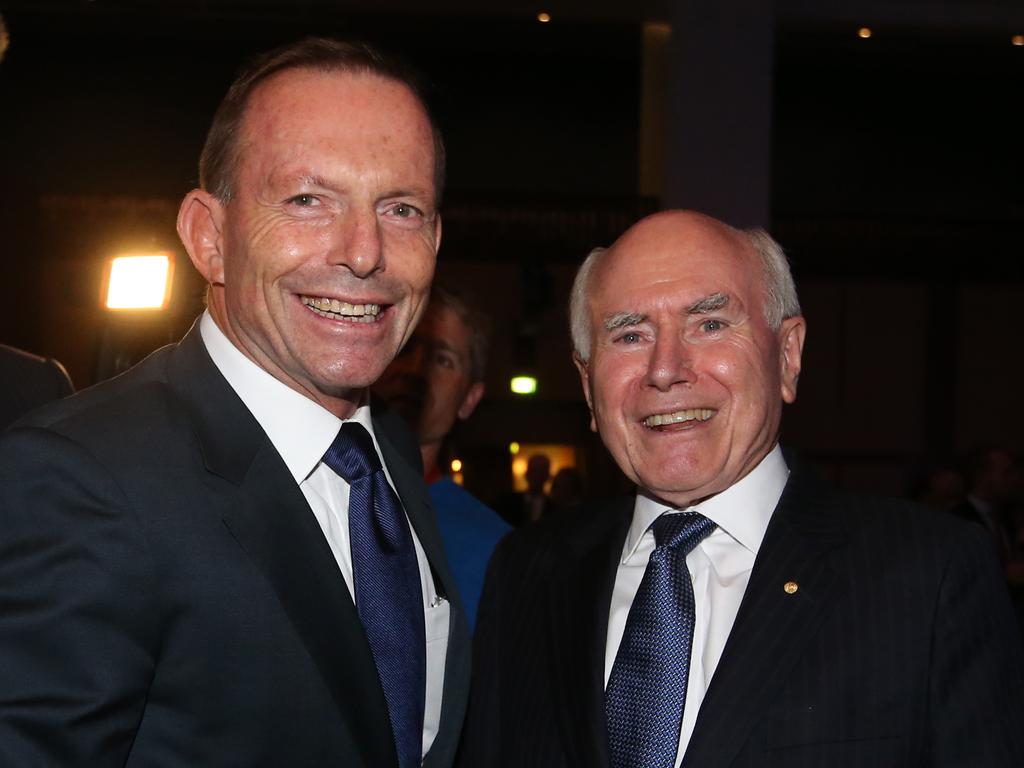Indigenous voice to parliament division was predicted by former High Court chief justice Harry Gibbs
The concerns of a former High Court chief justice have been seized upon by the Coalition as evidence the voice would permanently divide the nation.

A three-decade old warning sounded by former high court chief justice Harry Gibbs on the dangers of enshrining special rights for Aboriginal people in the Constitution has been seized upon by the Coalition as evidence a successful referendum next Saturday would permanently divide the nation.
Gibbs, chief justice from 1981 to 1987, was deeply concerned about the potential for the constitutional recognition of Indigenous Australians to split the nation along racial lines.
He predicted in the early 1990s that “the constitutional debate in Australia is only beginning” and warned of the need to protect the nation’s founding document from any future changes based on “self-interest, political expediency, mere fashion or sentimentality”.
As founding president of the Samuel Griffith Society, established in 1992, Gibbs wrote Australia Day messages to members and, in 1993, one year after the Mabo case, he expressed alarm that even a simple statement recognising Indigenous Australians in the Constitution could have far-reaching consequences.
“The most dangerous change that could be made would be to include in the constitution a provision giving special rights to the Aboriginal people,” he said.
“One proposal seems to be to include in the constitution a provision recognising the Aboriginal people as the indigenous inhabitants of Australia, or providing for a treaty with them; but anyone who has seen how constitutional courts appear to be able to conjure great constitutional principles from thin air will know that even simple and innocuous words, intended to do no more than improve the relations between the Aboriginal people and other Australians, could be held to be the basis of substantial rights and liabilities – as perhaps some of the advocates of a change of this kind are well aware.”
Gibbs warned that “nothing could do more to divide the Australian nation than a constitutional change that gave the Aboriginal people special rights and privileges based solely on race”.
“The Aboriginal people, like all other peoples in Australia, are not a uniform group. Some have successfully integrated into 20th century society; others are successfully living a traditional mode of life, albeit a modified one; others unfortunately are greatly in need of help, which various governments have tried without much success to give them,” he said. “Those in need should be succoured, but that does not mean that all those who are of Aboriginal race should be given special constitutional rights which would not be enjoyed by other Australians, even by those in equal need.”
Gibbs, who died in 2005, said it was important to “ensure that any change that is made benefits Australia, and that arguments based on self-interest, political expediency, mere fashion or sentimentality are exposed and rejected”.
The comments made when Paul Keating was prime minister have been seized upon by the Coalition as a prescient warning of the current polarisation caused by the voice.
Despite the warning from Gibbs about constitutional recognition, the Coalition has pledged to take the nation to a second referendum to recognise Indigenous Australians in the Constitution if the voice fails and Peter Dutton wins the next federal election.
Opposition legal affairs spokeswoman, Michaelia Cash, told The Weekend Australian that Gibbs’ insights were as “relevant today as they were 30 years ago”.
“He explicitly warned how granting constitutional rights on the basis of race would permanently divide our country,” she said. “He recognised that we should aid our Indigenous brothers and sisters on the basis of need, but should reject division on the basis of race.
“His comments could not be clearer: there is nothing simple or modest about the proposal for a voice. It is precisely the type of change that is ‘most dangerous’ to our system of government.”
Senator Cash also said it was “sad that Harry Gibbs’ insights have been lost on those advocating for yes. But I have tremendous faith in the Australian people, and hope that they recognise the wisdom of his approach on referendum day.”
The Yes campaign was contacted for comment.








To join the conversation, please log in. Don't have an account? Register
Join the conversation, you are commenting as Logout